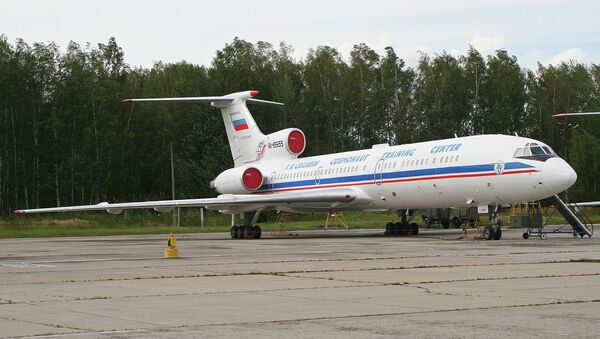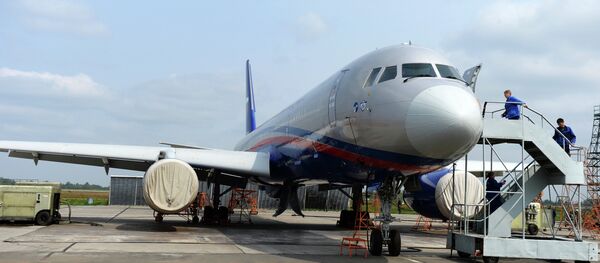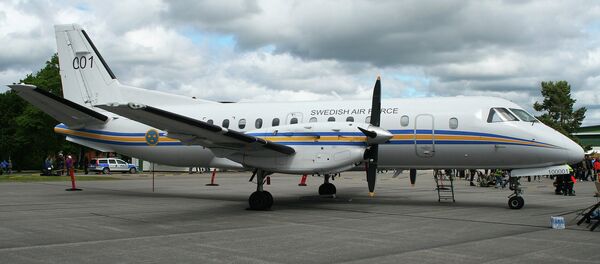WASHINGTON (Sputnik) — The Open Skies treaty allows signatories to conduct unarmed military surveillance overflights over each other’s territory in order to collect data on military forces and activities. Under the Treaty, no territory can be declared off limits by the host nation.
“We need to address the Russian Federation’s implementation of the Treaty,” Delawie said at the Third Annual Review Conference of the implementation of Open Skies treaty.
On March 24, 1992, the Treaty on Open Skies was signed in Helsinki, Finland, and entered into effect in 2002. Thirty-four states have thus far signed the Treaty.
The Russian Foreign Ministry responded on Monday to the accusations, noting foreign flight surveillance information had been used politically to fuel false Western allegations of excessive Russian military presence on its border with Ukraine.
The Open Skies Treaty Review conference is held every five years to review accomplishments and challenges of implementing the complex, multilateral arms control agreement.




